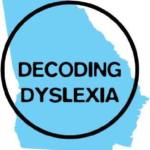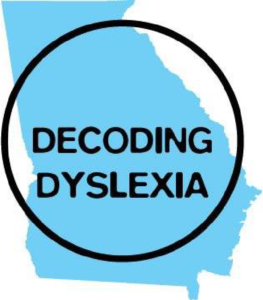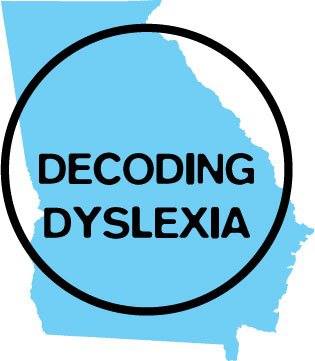
What is Dyslexia?
Dyslexia is a specific learning disability that is neurological in origin. It is characterized by difficulties with accurate and / or fluent word recognition and by poor spelling and decoding abilities. These difficulties typically result from a deficit in the phonological component of language that is often unexpected in relation to other cognitive abilities and the provision of effective classroom instruction.
Dyslexia affects up to
1 in 5 students



Secondary consequences may include problems in reading comprehension and reduced reading experience that can impede growth of vocabulary and background knowledge.
Adopted by the IDA Board of Directors, Nov. 12, 2002.
This Definition is also used by the National Institute of Child Health and Human Development (NICHD).
Studies show that individuals with dyslexia process information in a different area of the brain than do non-dyslexics.
Many people who are dyslexic are of average to above average intelligence.









